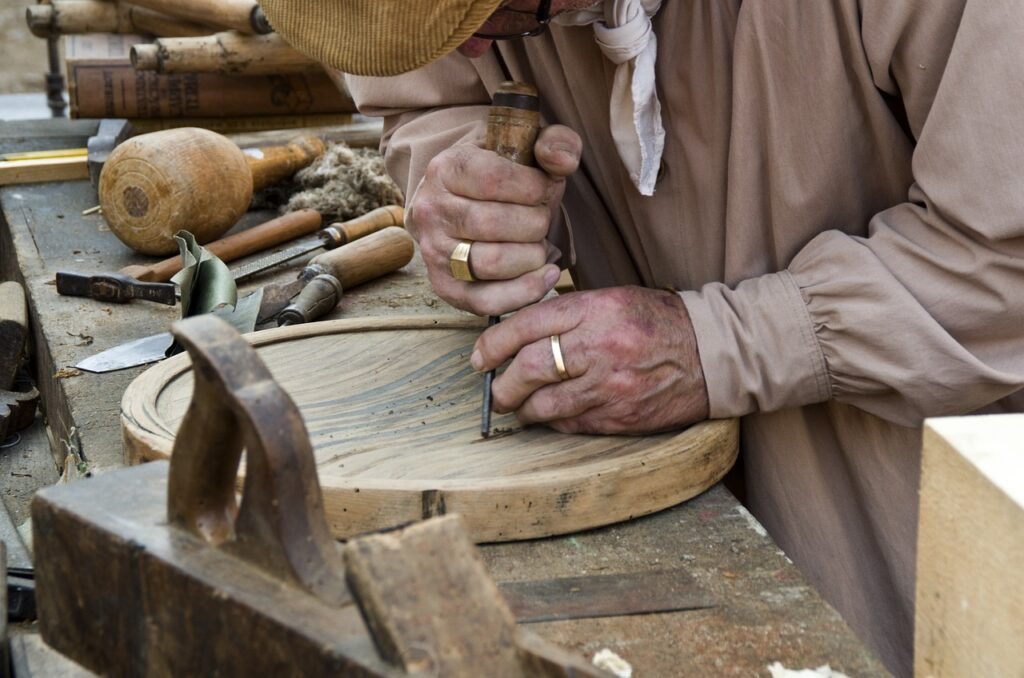10 Essential Tips for Beginner Woodworkers
Woodworking is a rewarding and creative hobby that allows you to build practical items and stunning art pieces from raw materials. If you’re starting, the journey can feel a bit overwhelming. To help you get started on the right foot, here are ten essential tips for beginner woodworkers.
1. Start Small and Simple
One of the best ways to learn woodworking is by starting with small, simple projects. Think birdhouses, picture frames, or basic shelves. These projects will help you practice fundamental skills without requiring complex tools or advanced techniques.
2. Invest in Basic Tools
You don’t need a workshop full of expensive tools to start woodworking. Begin with a few essentials:
- Hammer
- Screwdrivers
- Measuring tape
- Hand saw
- Power drill
- Sandpaper As you gain experience, you can gradually add more specialized tools to your collection.
3. Learn to Measure Accurately
The old saying “measure twice, cut once” is critical in woodworking. Accurate measurements ensure your pieces fit together correctly and your projects look professional. Use a reliable tape measure and consider learning to read a carpenter’s square for precise angles.
4. Understand Wood Types
Different woods have unique properties that affect how they’re cut, shaped, and finished. Softwoods like pine are easier to work with but may dent or scratch more easily. Hardwoods like oak or maple are durable but can be more challenging to cut.
5. Prioritize Safety
Safety should always be your top priority. Wear protective gear like safety glasses, gloves, and ear protection when working with power tools. Keep your workspace clean and free of clutter to avoid accidents.
6. Master Basic Joints
Learning how to create basic joints is a cornerstone of woodworking. Start with simple joints like butt joints, dowel joints, and miter joints. These will form the foundation for more advanced techniques as you progress.
7. Sand Your Work
Sanding may seem tedious, but it’s crucial for achieving a smooth and professional finish. Start with coarse-grit sandpaper to remove rough spots, then gradually move to finer grits for a polished surface.
8. Practice Patience
Woodworking requires patience and attention to detail. Rushing can lead to mistakes or accidents. Take your time to plan, measure, and execute each step of your project carefully.
9. Finish Your Projects Properly
A good finish protects your wood and enhances its appearance. Experiment with different finishes like stains, varnishes, or oils to find the look you prefer. Always follow the manufacturer’s instructions for application and drying times.
10. Keep Learning
Woodworking is a skill that improves with practice and education. Read books, watch tutorials, and join local woodworking groups to expand your knowledge and connect with others who share your passion.
Conclusion
Embarking on your woodworking journey can be an exciting and fulfilling experience. By starting with these basic tips, you’ll build a strong foundation for more complex projects in the future. Remember, the key to success in woodworking is patience, practice, and a willingness to learn. So grab your tools and start creating something amazing today!


